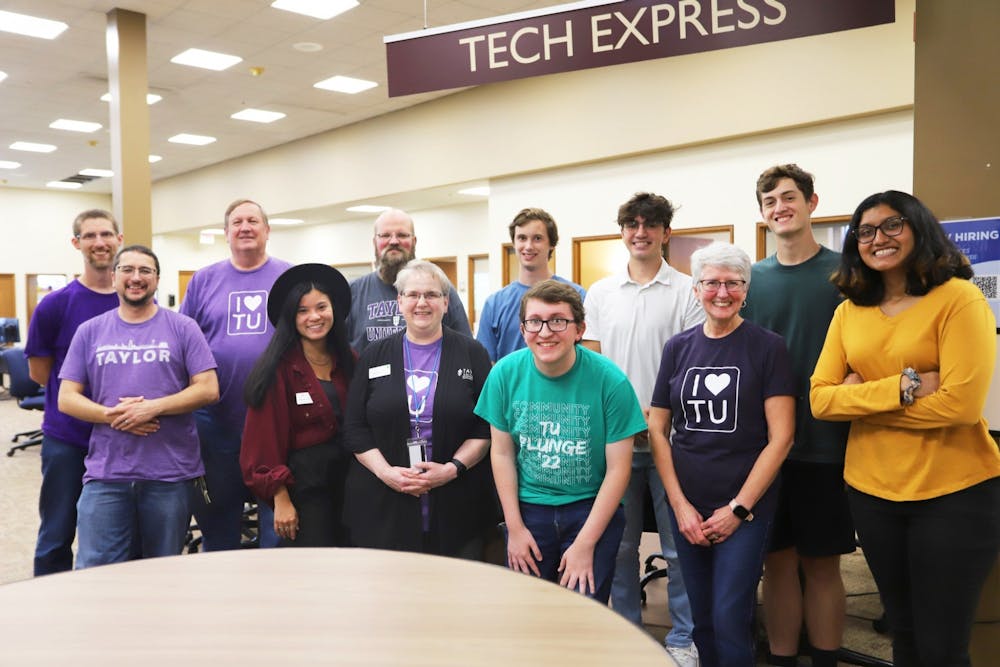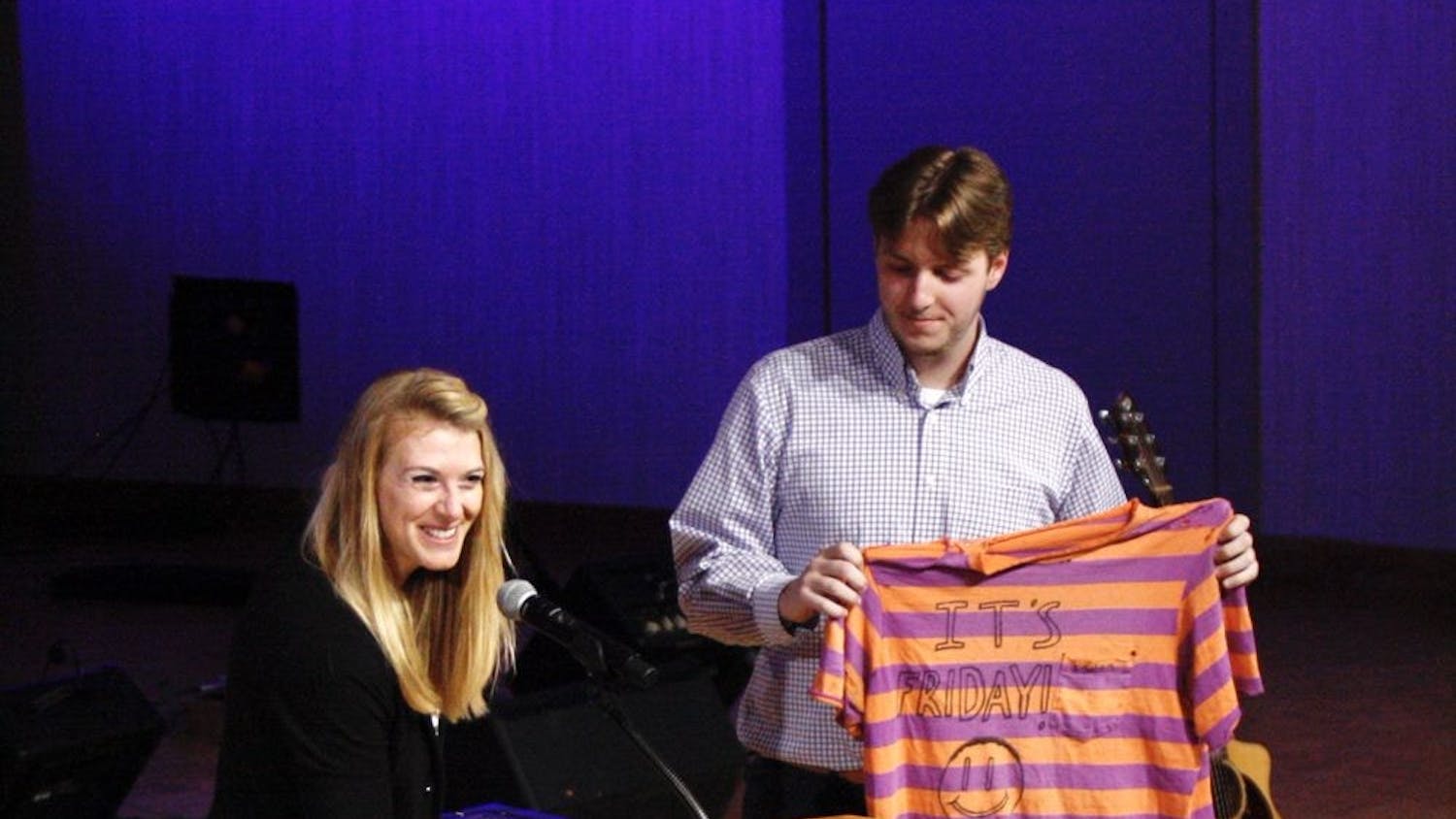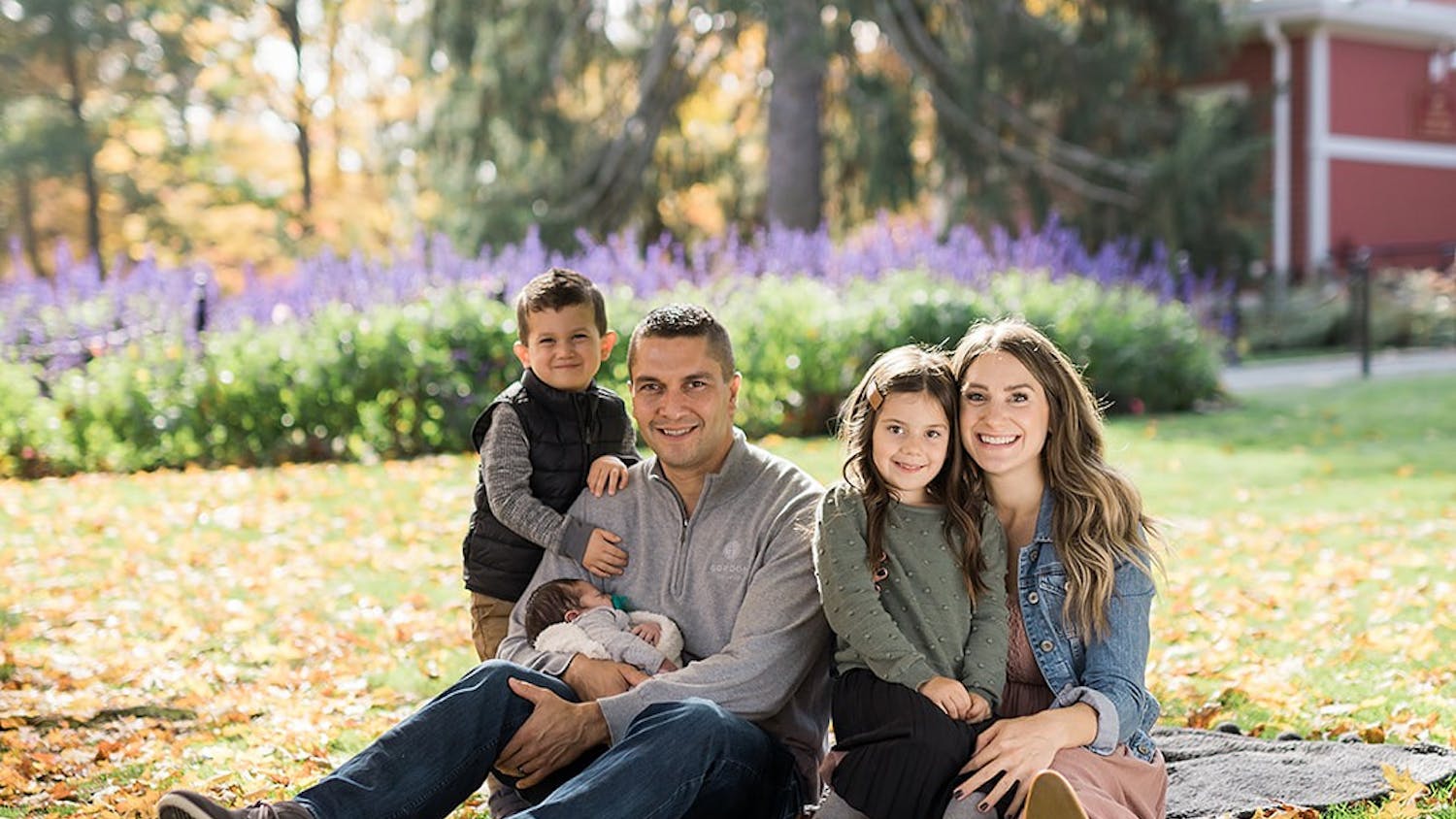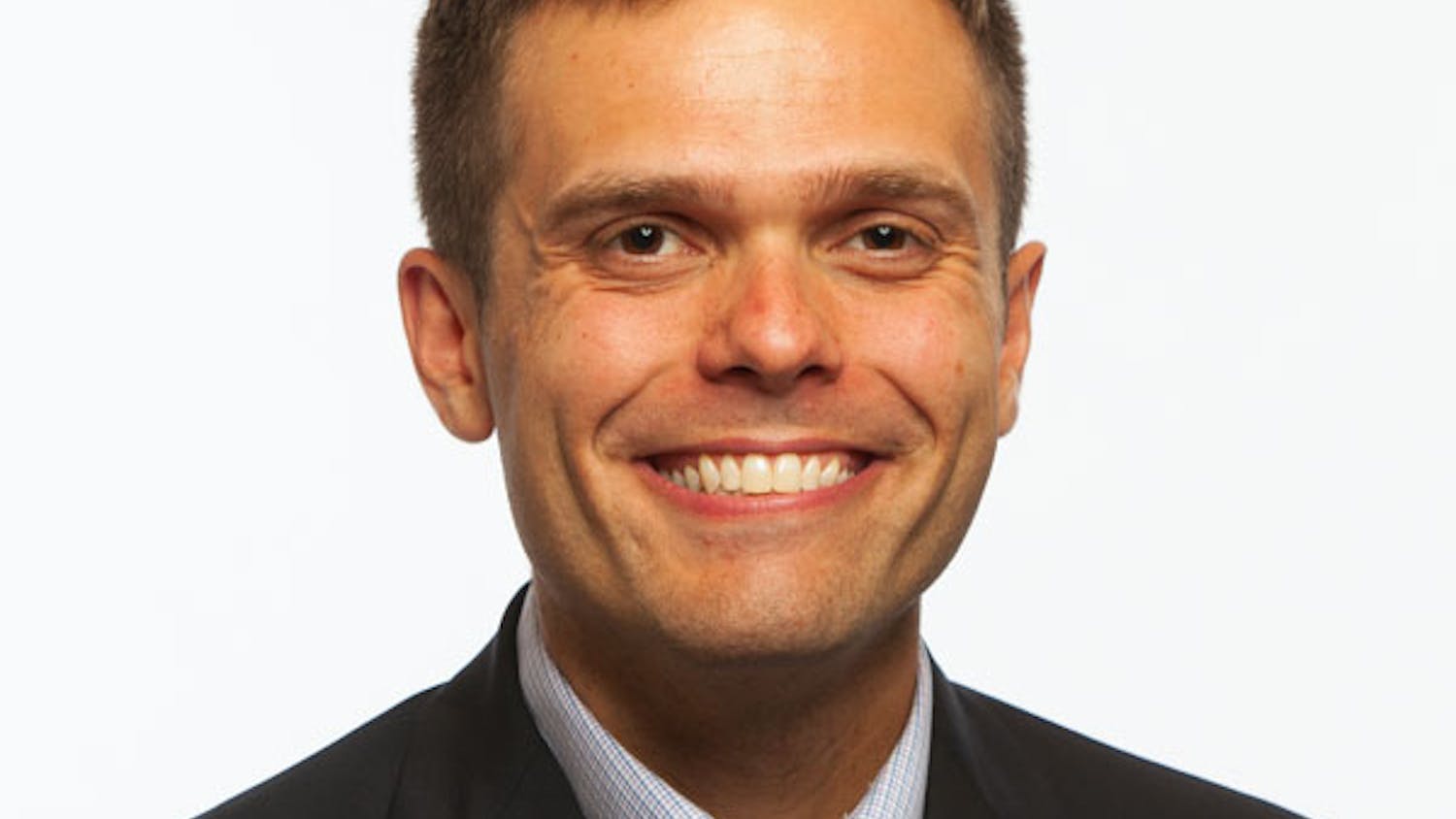Wi-Fi connectivity problems impacted Taylor University campus-wide at the start of the school year. Behind the scenes, Taylor’s information technology (IT) staff have worked diligently to navigate these new issues.
The world of wireless technology is constantly developing, and the technology required on-campus to maintain adequate Wi-Fi is updated to correlate with current demands.
According to Director of Infrastructure and Support CISO Steve Elwood, every four years IT replaces approximately 25% of Taylor’s 520 wireless access points.
Unfortunately, because of the pandemic, many companies are experiencing supply chain issues and as a result, places like Taylor are impacted.
“In our case, back in January of this year, we ordered 100+ wireless access points in small/medium sizes, but to date have only received the small model,” Elwood said.
Smaller Wi-Fi devices are used throughout dorms, while the medium models are typically used in areas where there is a higher concentration of people such as dorm lobbies or common areas.
Over the summer, the smaller models were replaced in Samuel Morris, Wengatz, Rupp, Metcalf and Smith-Hermanson. Older medium models were left in place due to technological shortages.
According to Manager of Infrastructure Services Dave Compson, these devices are placed every 15 to 20 feet in the hallways. Although the replacements seemed to work over the summer, the mixture of old and new technology in one building created connectivity issues for students when the school year started.
“When their device would connect to one, it would actually stay connected to the older ones and not actually then move to the device that was closer to them,” Compson said. “We didn't really expect to be, at the end of the summer, even start of the year, mixing the older and newer generations of Wi-Fi.”
Student’s devices were still connecting to the old Wi-Fi models and not the new ones so that they were unable to roam between the two generations of wireless models.
Chief Information Officer Chris Jones said that residence halls experienced the most issues with this. Unfortunately, due to those supply chain issues, not every model has been upgraded.
To solve this, the older medium models were replaced with newer small models. Compson said that they are currently unsure when to expect the arrival of the rest of the new wireless models.
Now, Jones said, they believe the system is generally stable despite individually unrelated issues that may occur.
Unfortunately, sometimes students will not communicate if these issues persist — especially at a greater level that impacts a whole building. People will often not follow-up on an issue despite the problem persisting, creating miscommunication between IT and the student body. Jones said that often, students assume there is nothing the IT team can do about it.
“So if we have students now having issues, definitely reaching out to (the) help desk would be the thing, then we will continue to work on it until we solve it,” Compson said. “If individuals don't reach out, that's where we can kind of struggle.”
To prevent these assumptions from standing in the way of solutions, Elwood encourages students to contact them by coming to the Help Desk in the library. Students can also call 765-998-4040 or email the IT team at 4040@taylor.edu to submit a ticket.
When submitting a ticket, students should be specific and include details like how many people the issue is impacting, what kinds of devices were affected and what time the issue occurred.
“At the end of the day, we're here for the students,” Jones said. “That's our whole purpose that we're here, and so we want to provide good services to people, and we hope that if people are frustrated, they let us know and how can we make it better.”





